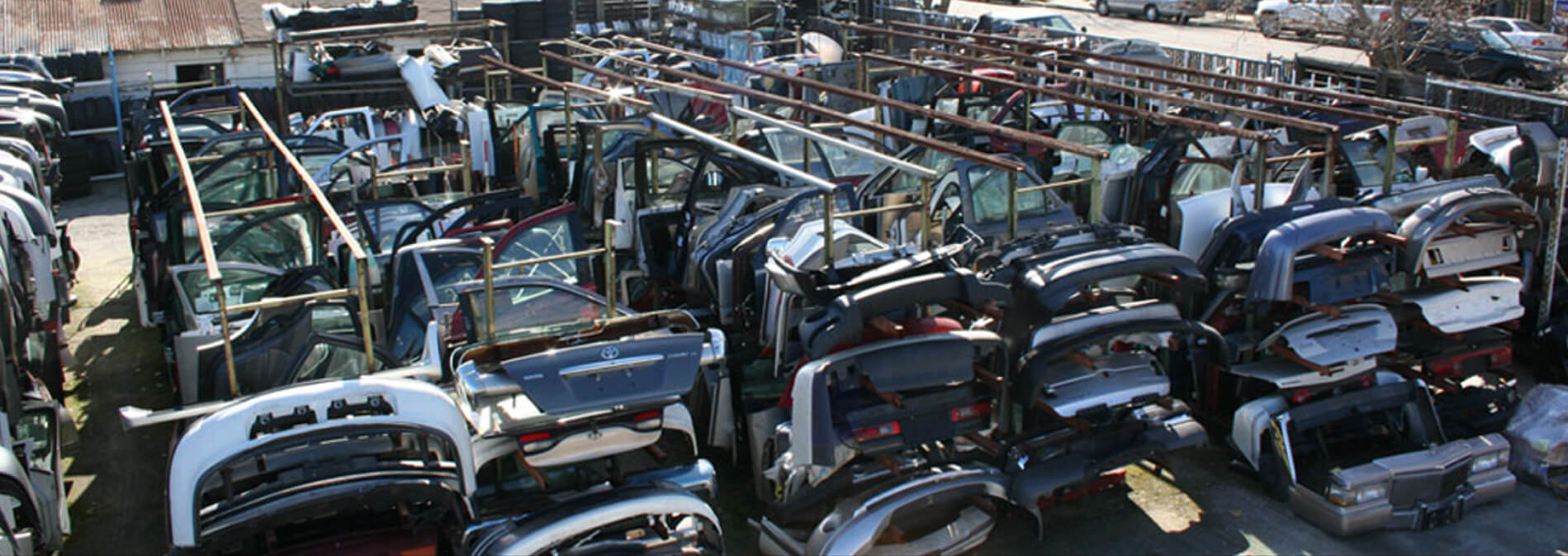5 Essential Preventive Maintenance Tasks to Keep Your Car Running Longer
Let’s face it, no one likes spending money on car repairs! That’s why keeping on top of preventive maintenance is essential.
Think about it this way—getting regular checkups from a doctor is recommended to keep your body healthy. These checkups are preventive. They’re meant to spot small problems before they turn into something more serious.
And just like your body needs regular checkups, so does your car. Staying up-to-date on preventative maintenance will keep your car running longer.
It’ll also prevent larger problems, and save you money in the long run. And who doesn’t want that?!?
Check the Owner’s Manual
Your owner’s manual will give you all the details you need about when to do preventive maintenance.
For example, the length of time between services varies greatly based on your make and model. What works for one vehicle won’t necessarily be what’s best for another.
So first check your owner’s manual to get a maintenance schedule. Then be sure to tackle these five essential preventive maintenance tasks each time they’re due.
1. Oil and Filter Changes
While changing your oil every 3,000 miles used to be the golden rule, it’s no longer always case. Synthetic oil – which is used in many modern cars – does a better job of keeping the engine clean and lubricated as it cycles through your car.
Because of the molecular structure, synthetic oil also holds up to heat, pressure and the demands of your car’s engine better. That’s why many manufacturers now recommend oil changes every 5,000 miles or more.
However, if your car isn’t running synthetic oil, you should change your oil more frequently.
Keeping your engine lubricated will prevent your engine from failing. Replacing an engine isn’t cheap, so it’s important to change your oil regularly.
And don’t forget to change your oil filter every time you change your oil. Why? The filter catches all the dirt particles your oil collects. If your filter is clogged, you’ll wind up running dirty oil through your engine, which isn’t good.

2. Other Fluids
Oil isn’t the only fluid running through your vehicle.
You also have engine coolant/antifreeze, transmission fluid, differential fluid and brake fluid. It’s important to check all of your fluids frequently and ensure they’re at appropriate levels.
At times your fluids will need to be changed. Your owner’s manual can help you pinpoint when they need attention.
If you notice a sudden change in how much fluid is in your vehicle however, it’s a good indication of a leak or another concern in the system.
3. Your Belts
Belts help transfer power in your car. They’re essential to keeping your car running.
Over time, friction can cause belts to wear out and potentially break. If your belt breaks while you’re driving your vehicle, it may cause you to lose electrical power, power steering, air conditioning, your water pump or other important components.
The break can potentially cause damage to the engine, so it’s important to periodically check your belts and replace them when you see signs of wear or tear.
Depending on your vehicle, you’ll need to inspect the following belts:
- V-belts (mostly on older vehicles)
- Serpentine belts
- Timing belts
Look for any areas that are thinner than the rest and check for fraying along the edges. Both of these signs indicate it’s time to replace your belt.
4. Spark Plugs
Spark plugs provide the spark your vehicle needs to keep the engine running, so it’s important to also keep these in good working order.
While your manufacturer will recommend a mileage to change spark plugs, you should check them periodically before reaching that number. Look for calcification, burn marks or a large gap on any of the plugs. These are all signs that it’s time to replace them.
It’s a good idea to replace all of the spark plugs if you need to replace one. You should also consider changing the spark plug wires as they also wear out over time.
5. Engine Air Filter
Your vehicle’s engine air filter helps keep dirt from reaching the engine. It’s important to change it before it gets completely clogged.
If you spend a lot of time driving on gravel roads, you’ll need to replace your filter more frequently than someone who never leaves pavement.
Inspect Your Vehicle Frequently
Preventive maintenance helps prolong the life of your vehicle. It helps keep major repairs at bay, and keeps more money in your pocket.
At the heart of preventive maintenance is inspection. You must be familiar with your car—that’ll help you notice any unusual noises, or worn pieces. Make inspection part of your regular maintenance routine.
Find a Problem with a Part?
While you’re inspecting your vehicle, you may notice that your air filter housing is cracked, or find a leak in a hose.
No matter what you find, if you need a part for your car, check out Tear-A-Part’s prices (we keep them low on purpose). You’ll be able to take care of small repairs for a fraction of the price, and ensure they don’t turn into huge (read: costly) problems.
Here’s to a long life for your vehicle!


